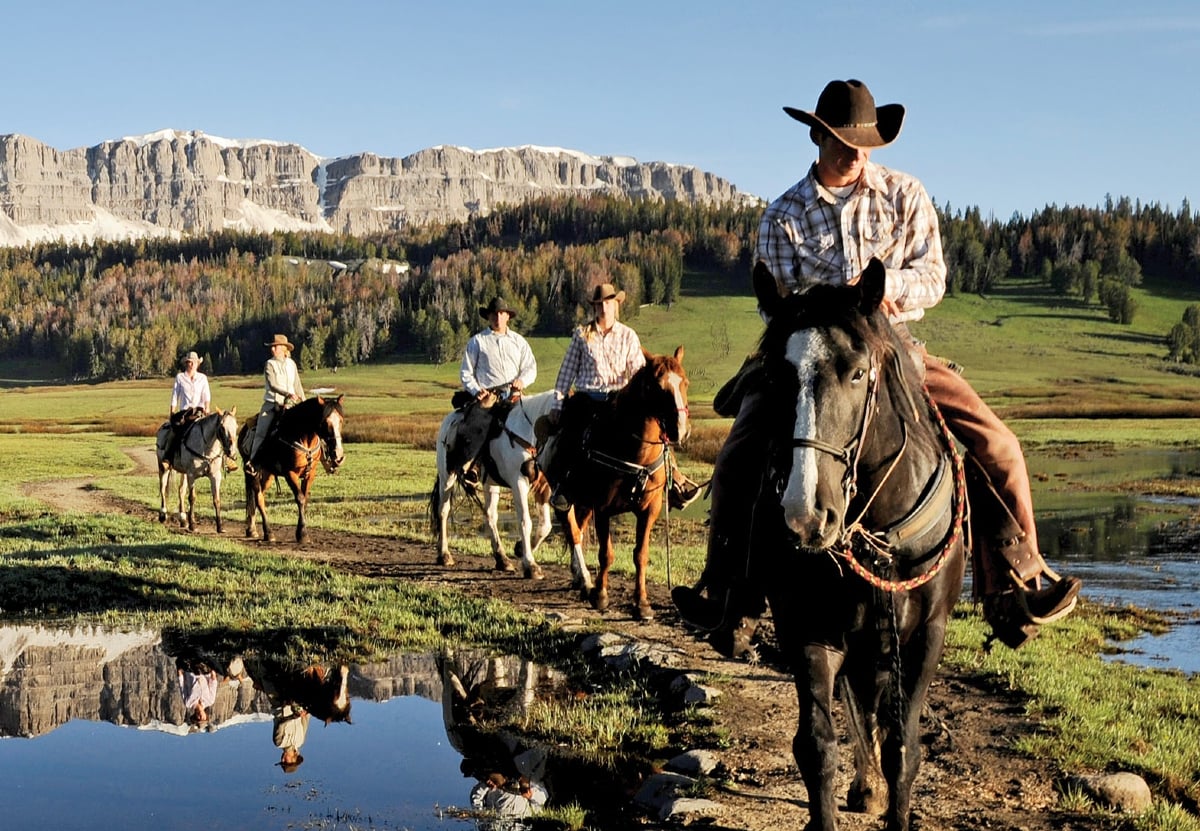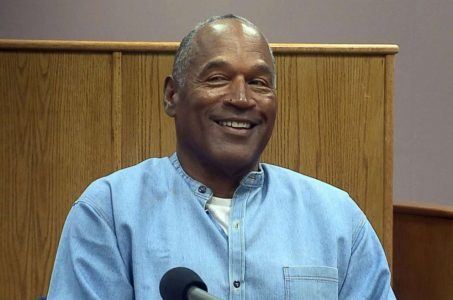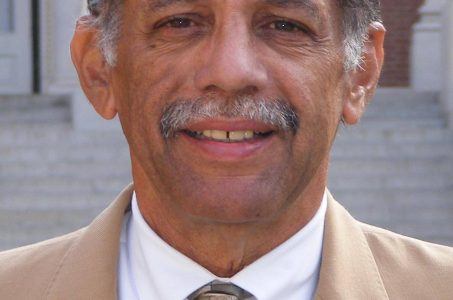Wyoming Sports Betting Bill Headed to Gov. Mark Gordon, Fall Launch Targeted
Posted on: March 29, 2021, 03:13h.
Last updated on: March 29, 2021, 03:49h.
Wyoming is inching closer towards joining the 25 states, plus DC, that have moved to legalize sports betting.

Today, the Wyoming Senate passed House Bill 133 by a vote of 24-5-1. The upper chamber made only minor changes to the House version of the sports betting bill. The legislation is now anticipated to quickly receive House support by way of a concurrence roll call vote.
Should that occur, as expected, HB133 would be sent to Wyoming Gov. Mark Gordon’s (D) desk for his signature. The first-term governor says he will sign the measure.
Wyoming is the least-populated state in the nation, with less than 600,000 residents. However, the Wyoming Gaming Commission estimates that legal sports betting upon market maturation will generate annual wagers of nearly $450 million.
The Gaming Commission hopes to have online sportsbooks operational by September.
Wyoming is not home to any commercial casinos, but does have tribal gaming with the federally recognized Eastern Shoshone Tribe of the Wind River Reservation. The tribe owns and operates the Shoshone Rose Casino & Hotel, Little Wind Casino, Wind River Casino, and 789 SmokeShop and Casino.
Mobile Only, Tribe Left Out
HB133 is legalizes sports betting, but only online. Five internet sportsbook licenses will be available each at a cost of $100,000, with an annual renewal set at $50,000.
DraftKings has already expressed its intent to buy-in, and officials from the interactive gaming operator testified before state lawmakers during committee hearings. To qualify for licensure, a sportsbook firm must already be active in at least three other states.
Notable companies meeting that requirement include FanDuel, Barstool Sportsbook, BetMGM, Rush Street Interactive, and PointsBet.
Sportsbooks will share 10 percent of their associated gross gaming revenue with the state. HB133 sets aside the first $300,000 in annual sports betting taxes for addiction programs.
Rep. Andi Clifford (D-Riverton) opposed the sports betting bill in his chamber, and urged the Senate to do so, too. His basis for rejecting the measure was because of the Eastern Shoshone Tribe being left out of the expanded gambling.
I think we do a disrespect when we didn’t bring them to the table,” Clifford explained, as reported by the Casper Star Tribune. “We didn’t bring them into the discussions. This affects them as well.”
Other opponents voiced concerns that legal sports betting will lead to an increase in gambling addiction.
“This particular fun activity has the potential of destroying a lot of lives,” opined Rep. Evan Simpson (R-Afton). “Addictions are real, and they will happen. Betting on sporting events is not an activity that does not have consequences.”
Already Happening
Proponents of bringing regulated sports betting say the bill isn’t necessarily an expansion of gambling, but a framework to protect residents who are already betting through illicit channels.
“There are people who migrate out of the state to place bets. This is already happening, both legally and illegally,” stated Sen. Drew Perkins (R-Casper).
“A big part of this bill is not to necessarily to create a hammer to go after those who are doing it illegally, but more to create a more protected and regulated environment, so when they place the bet and they win, their bets are paid,” Perkins reasoned.
Sports betting is legal in-person in Montana, and online in Colorado. And South Dakota recently passed legislation to allow Deadwood casinos to operate sportsbooks.
Related News Articles
Most Popular
Las Vegas Overstated F1 Race’s Vegas Impact — Report
Vegas Strip Clubs Wrestle in Court Over Animal Names
Most Commented
-
End of the Line for Las Vegas Monorail
— April 5, 2024 — 90 Comments -
Mega Millions Reportedly Mulling Substantial Ticket Price Increase
— April 16, 2024 — 6 Comments -
Long Island Casino Opponents Love New York Licensing Delays
— March 27, 2024 — 5 Comments -
Nearly Abandoned Mall Outside Vegas Soon to Have Only One Tenant
— March 12, 2024 — 5 Comments
















No comments yet